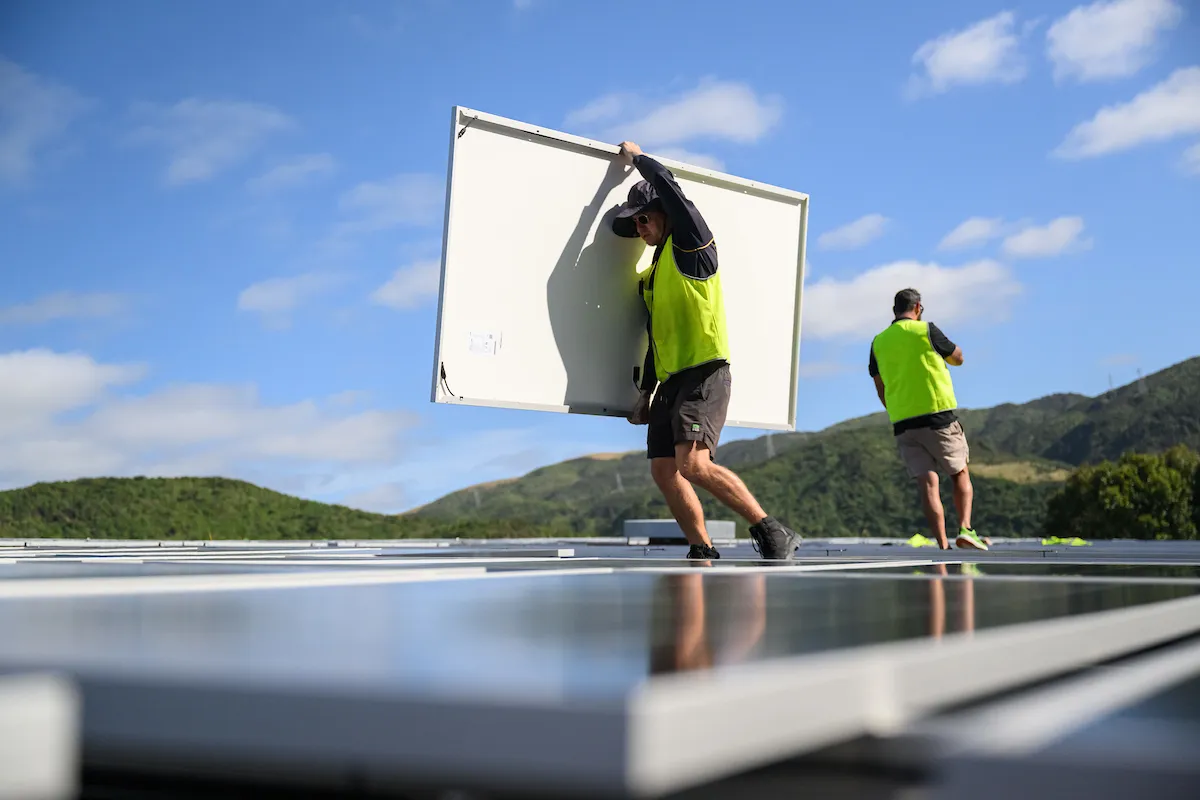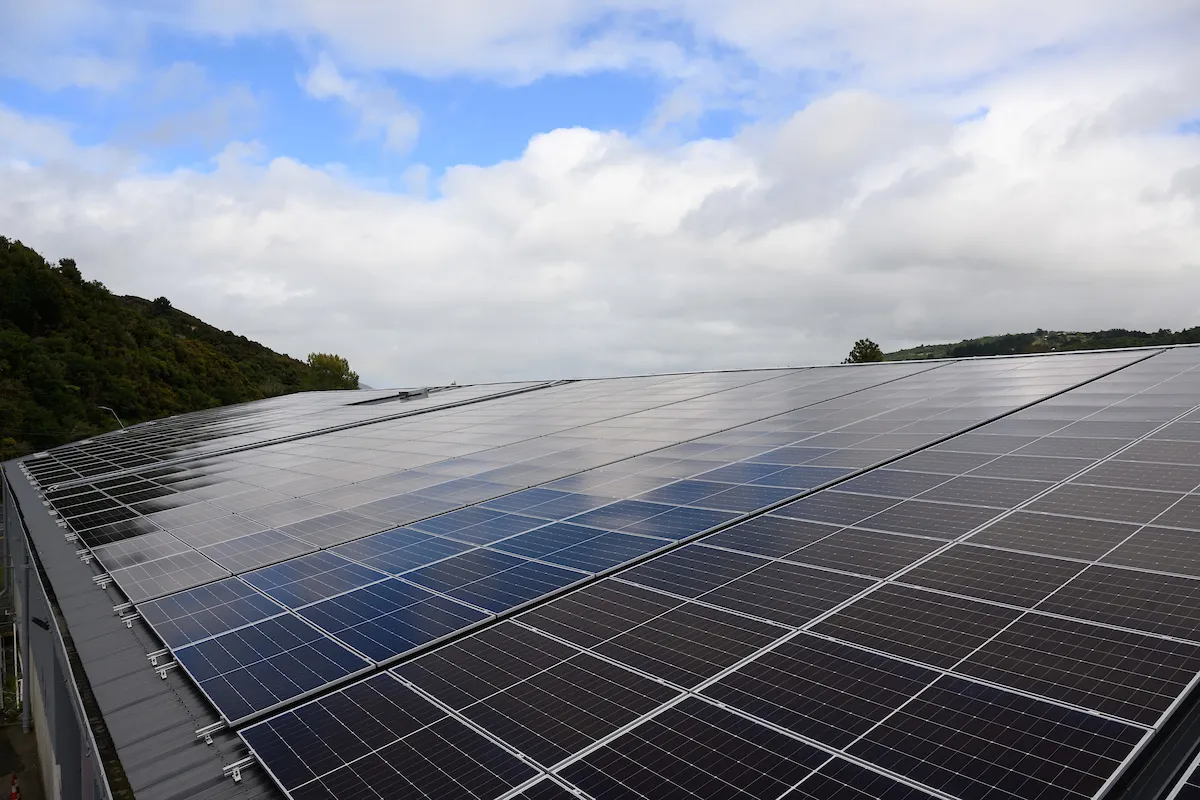Commercial solar
With energy prices continuing to rise and grid supply becoming increasingly volatile, the benefits of commercial and industrial solar have never been stronger.
Whether you're looking for additional energy security, revenue, savings, sustainability or resilience, our custom solar solutions are here to support your business objectives.
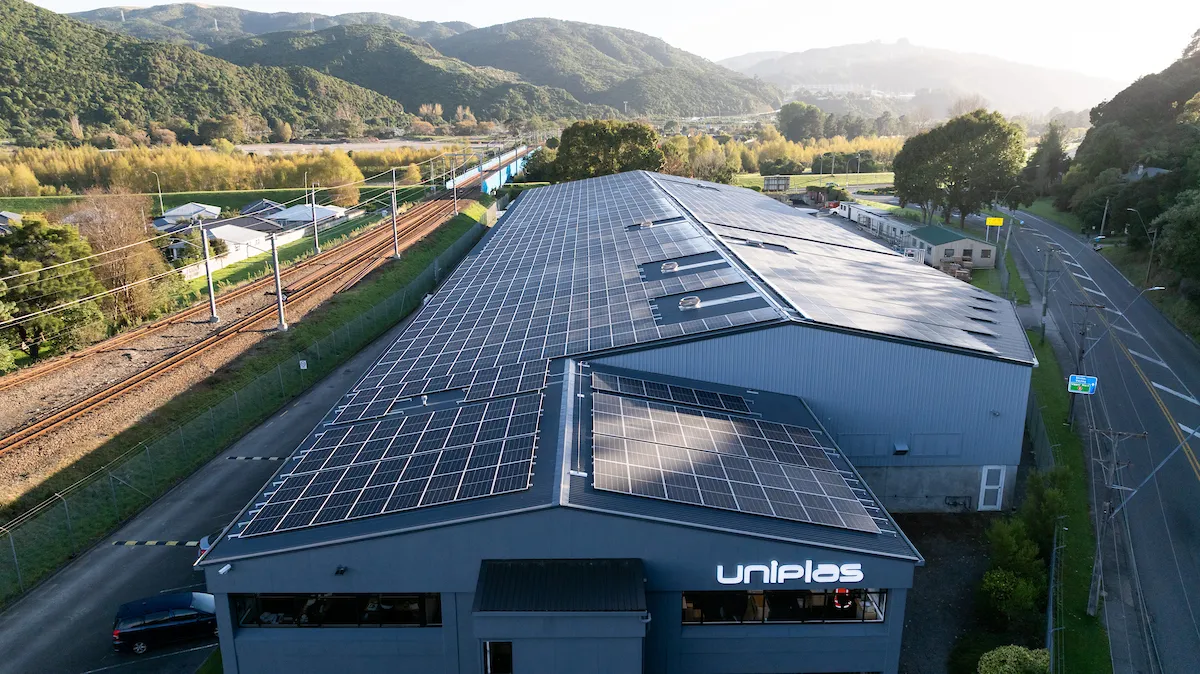
What you can expect at each step
THE ZEN PROCESS FOR YOUR BUSINESS
We're committed to guiding customers in their journey towards energy self-sufficiency. We do this by providing reliable, sustainable,and cost-effective solar solutions that deliver long-term value.


Free Solar Feasibility Assessment
Meet and understand your requirements.

Paid Site Study & Certifications
Conduct a feasibility study or supply a tender before providing a customized quote.

Full Installation Management
End to end support in terms of ordering and delivering your solar project.

Monitoring & Maintenance
Provide relevant tools and ongoing support. Includes regular check-ins involving panel cleaning and maintenance.

Why choose ZEN Energy
HOW ZEN WILL SUPPORT YOU

.webp)




We partner with Orkestra to create accurate state-of-the-art financial modelling and projections.
Where to place panels on your building
SOLAR SYSTEM TYPES
Solar systems can be designed and constructed to suit a variety of applications

ROOFTOP
SOLAR
The most popular choice for businesses who have adequate roof space, these systems can be grid-tied - meaning they connect to the electricity grid - or off-grid, relying on batteries for increased energy independence. Rooftop solar is the cheapest source of energy for business, with zero emissions.

ground
mounted
Not all business roofs work for solar panels. If you have a large outside area, a ground-mounted solar panel system could be a great alternative. Your available space, the system cost, and electricity consumption are all important considerations when deciding between a roof-mounted and ground-mounted solar installation.
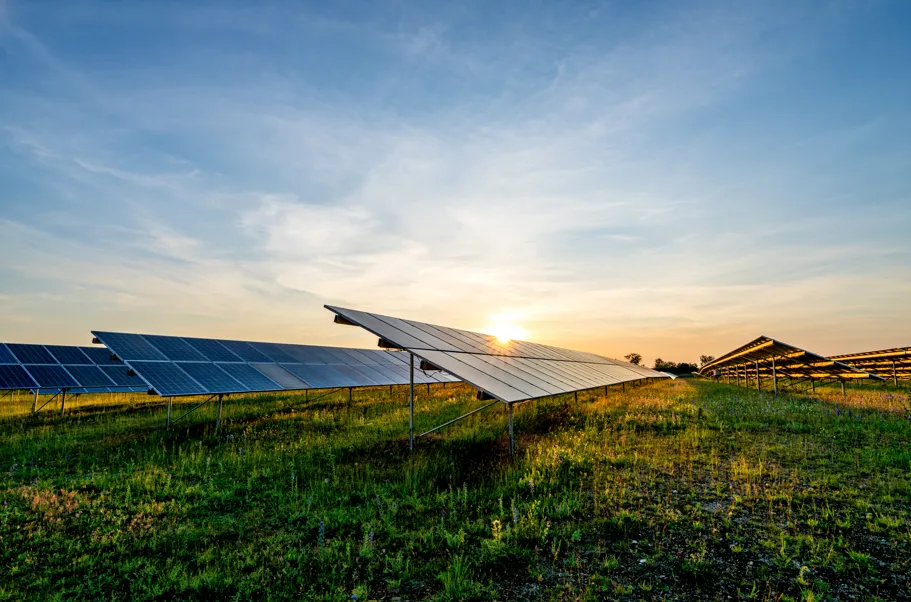
BUILDING
INTEGRATION
Building-integrated photovoltaics (BIPV) is a set of emerging solar energy applications that replace conventional building materials with solar panels, like the roof, skylights, balustrades, awnings, facades, or windows. Perhaps the most common forms of BIPV are carports or parking shade structures with PV panels built directly into them.

Solar systems and batteries for farms
AGRI SOLAR
With power prices continuing to rise, and new financial support for farmers recently announced, it has never been a better time to research a solar solution for your farm.
Initiatives recently launched include:
- Government’s new Investment Boost: a tax incentive that will enable a 20% reduction on the cost of new assets
- ASB’s 0% Smart Solar Loan: a 5-year interest free loan for up to $150k for solar and battery installations
- Flex: In partnership with Blackcurrent energy, Flex is designed to help manage and reduce energy costs through smart software load management and intelligent controls
- EECA’s Solar on Farms support package: a practical toolkit including dedicated help function for farmers, feasibility studies and more
At ZEN, we customise solar and battery solutions to deliver against your specific farm’s goals and operational requirements.
We specialise in Offgrid, Hybrid, and rural systems designed to:
- Ensure operational continuity
- Asset protection
- Passive revenue stream creation
- Energy savings
- Energy self-sufficiency
- Multi-site energy management

Solar panels and technology built for NZ
SUPERIOR SOLAR TECHNOLOGY
At ZEN, we select only the highest-quality solar products from trusted global brands who have been in the solar industry for years, ensuring long-lasting performance and service reliability in New Zealand’s challenging environment.
1. Long term warranties
Our panels come with 25yr performance warranties as standard; inverters with 10yr standard + 25yr extendable warranties.
2. Highest grade energy efficiency
We supply high output modules to accommodate bigger footprints, varied rooftops and ground mounts - ensuring maximum energy generation per roof square meter.
3. Ethical certification available
We provide end-to-end ethical supply chain certification to support ESG and sustainability initiatives.
4. Suppliers who stand the test of time
Financially stable global leaders who will support your maintenance needs as and when required in years to come.
5. Commercial grade storage
Scalable battery solutions that mitigate peak demand costs, enhance resilience and create back-up capability






















Switching to the sun is easy
PAYMENT OPTIONS FOR COMMERCIAL BUSINESSES
RESOURCES

We’re delighted to have been awarded the Best medium solar business at SEANZ 2025.
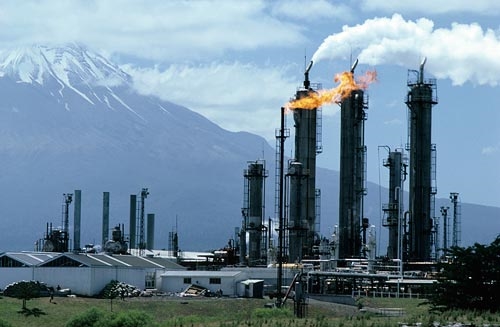
Shrinking supply, rising prices and why commercial solar will be part of the solution for many. In 2025, many commercial and industrial energy consumers in New Zealand are confronting an uncomfortable reality: the era of cheap, plentiful natural gas is fading fast.
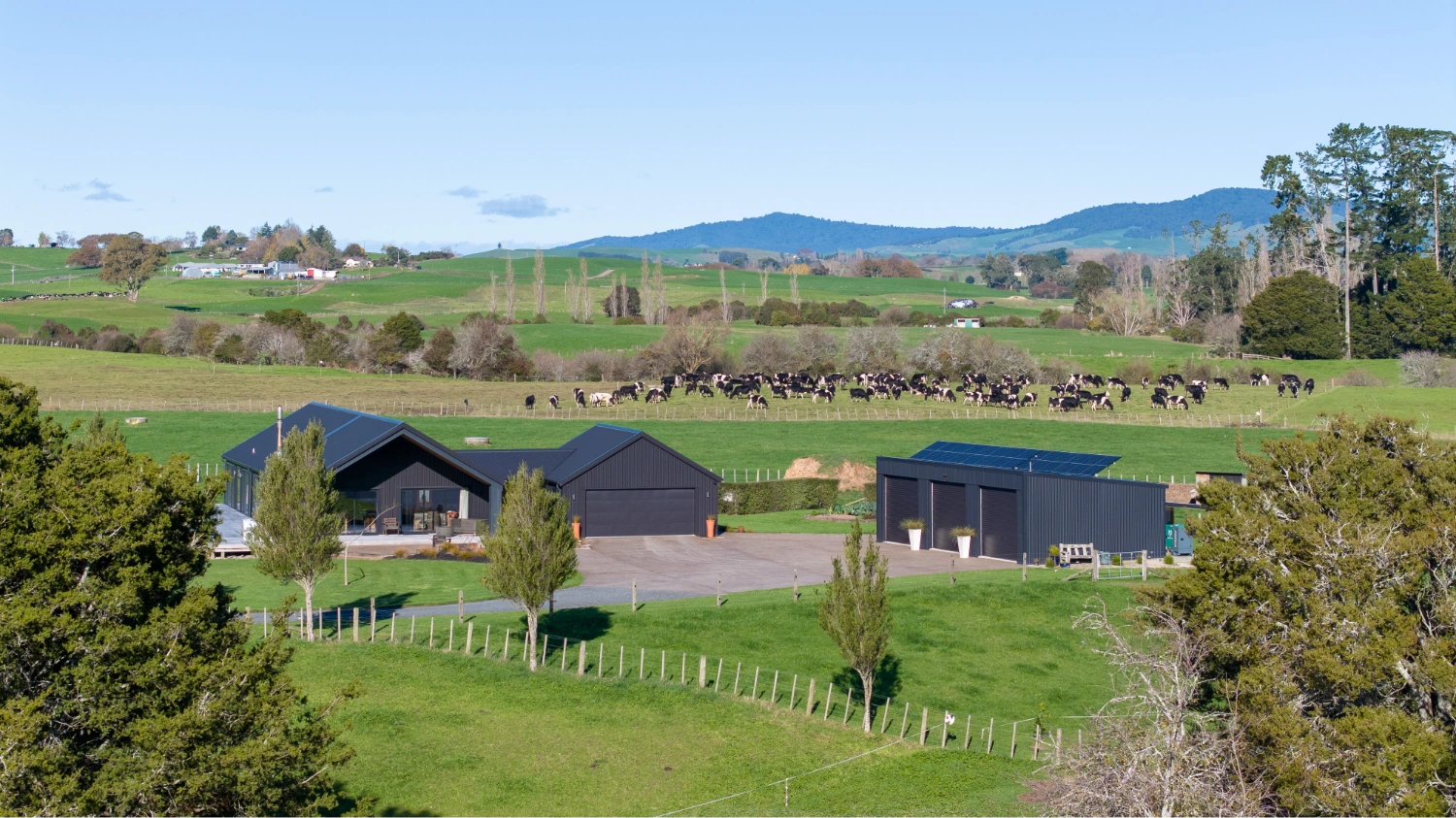
Solar for farms is gaining serious momentum in New Zealand as power costs rise and government backing increases. This comprehensive guide covers system options, financial returns, and practical applications for forward-thinking farming operations.
Reinvent How
You Do Power
Talk to our team and get solar for your business
frequently asked questions
What are the benefits of installing a solar energy system for my business?
Installing a solar energy system for a business can provide numerous benefits, such as:
- Significant cost savings on energy bills
- Long-term financial returns on the initial investment
- Demonstrating a commitment to sustainability and reducing carbon footprint
- Providing energy independence and resilience during power outages
- Attracting environmentally-conscious customers and employees
- Enhancing the company's reputation as a responsible and forward-thinking business
- Tax incentives and other financial benefits offered by government programs.
What types of businesses can benefit from solar energy systems?
Businesses of all sizes and types can benefit from solar energy systems. Whether you run a small storefront or a large warehouse, solar can help you reduce energy costs and increase energy efficiency. Some examples of businesses that can benefit from solar energy systems include retail stores, manufacturing facilities, hotels, schools, hospitals, and farms.
How do commercial solar energy systems work?
Commercial solar energy systems work similarly to residential solar energy systems but on a larger scale. The system is comprised of solar panels, inverters, and a mounting system. The panels collect sunlight and convert it into direct current (DC) electricity. The inverter then converts the DC electricity into alternating current (AC) electricity, which can be used to power your business. The mounting system holds the panels in place and can be installed on a variety of surfaces including rooftops, carports, and ground mounts. The electricity generated by the solar energy system can either be used on-site or sent back to the grid for credits.
What are the components of a commercial solar energy system?
A commercial solar energy system typically includes solar panels, an inverter to convert the DC power generated by the solar panels into usable AC power, racking or mounting systems to secure the panels, electrical wiring, and monitoring systems to track energy production. Additionally, some systems may also include energy storage components, such as batteries, to store excess energy for later use.
Can I sell excess energy produced by my commercial solar energy system back to the grid?
Yes, it is possible to sell excess energy produced by a commercial solar energy system back to the grid, depending on your location and the regulations in your area. This is known as net metering, which allows you to receive credits or payments for any excess energy your system produces and feeds back into the grid. These credits or payments can then be used to offset the cost of any energy you consume from the grid when your solar system is not producing enough energy to meet your needs.
How much energy can a commercial solar energy system produce?
A commercial solar energy system's energy production capacity can vary depending on factors such as the system's size, location, and weather conditions. Generally, a well-designed and efficiently sized system can generate a significant portion of a business's energy needs, and some businesses can even generate excess energy that can be sold back to the grid. A professional and qualified solar energy installation company like ZEN Energy can help your business determine the appropriate size and capacity of a system for your specific energy needs.
What kind of return on investment can I expect from a commercial solar energy system?
A commercial solar energy system can provide a significant return on investment, with savings on electricity bills and potential revenue from selling excess energy back to the grid. The exact ROI can vary depending on factors such as the size of the system, the cost of electricity in the area, and available incentives and rebates. However, many businesses can expect to recoup their initial investment within several years and continue to save on energy costs for the life of the system.
What permits and regulations are required for a commercial solar energy system installation?
Permits and regulations required for a commercial solar energy system installation vary depending on the location and size of the system. In general, the installation must comply with local building codes and electrical regulations, as well as any zoning or land-use requirements. It's important to consult with a professional and qualified solar energy installation company like ZEN Energy who can guide you through the permitting process and ensure that your system is compliant with all applicable regulations.
Will a commercial solar energy system require any maintenance or repairs?
Like any other equipment, commercial solar energy systems may require regular maintenance to ensure optimal performance. This may include cleaning the solar panels, checking the electrical components, and ensuring that the system is producing energy at the desired level. The frequency of maintenance will depend on factors such as the size and complexity of the system, location, and weather conditions. Repairs may also be necessary if there are any malfunctions or damage to the system. It's important to work with a reputable and experienced solar energy installation company like ZEN Energy who can provide maintenance and repair services.
What is the lifespan of a commercial solar energy system?
The lifespan of a commercial solar energy system can vary depending on a number of factors such as the quality of the components used, the amount of maintenance performed, and environmental conditions. In general, most commercial solar panels have a lifespan of 25 to 30 years, while inverters may need to be replaced after 10 to 15 years. It's important to work with a reputable solar installer and perform regular maintenance to ensure the system operates at its optimal performance and lifespan.








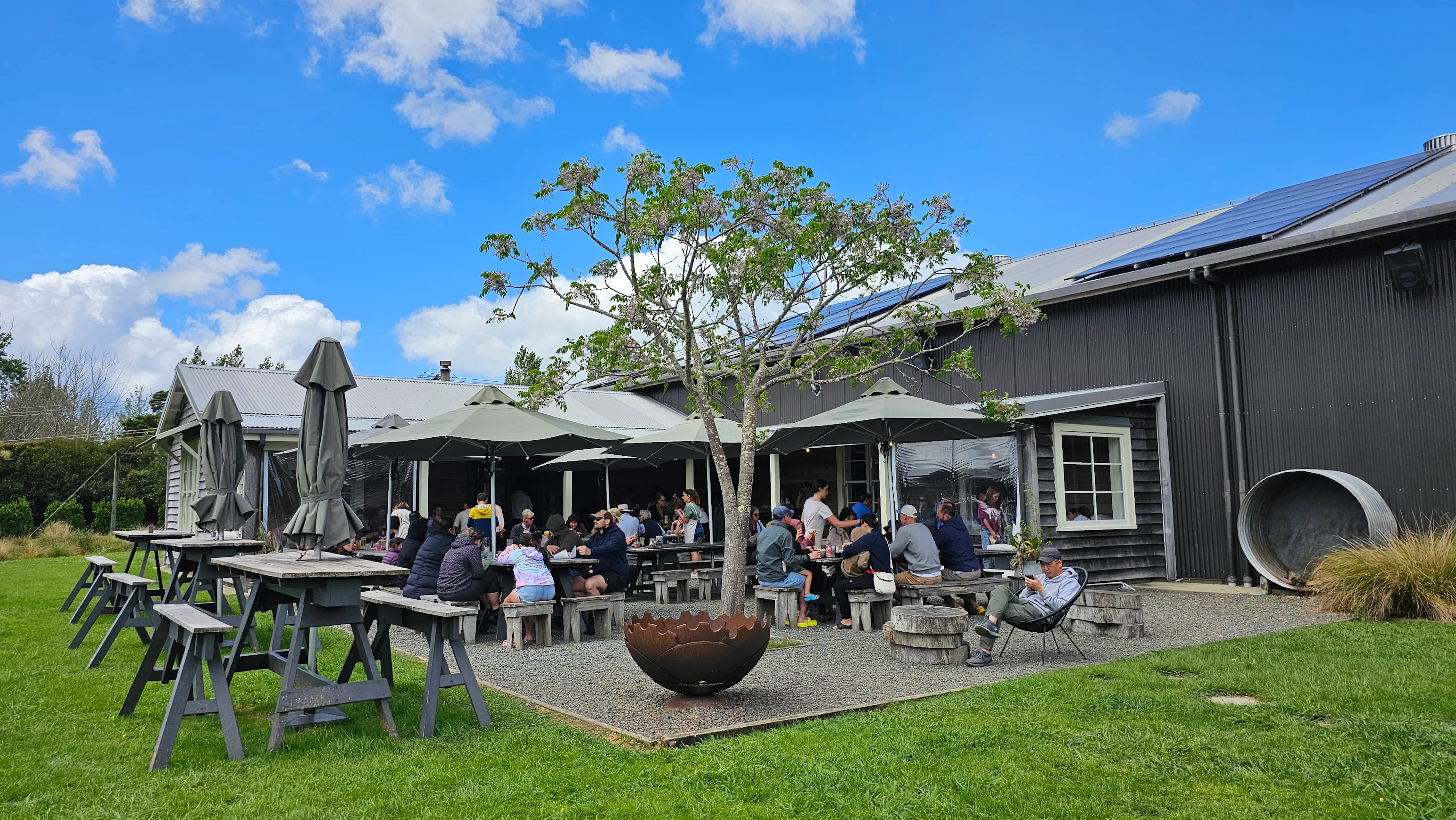
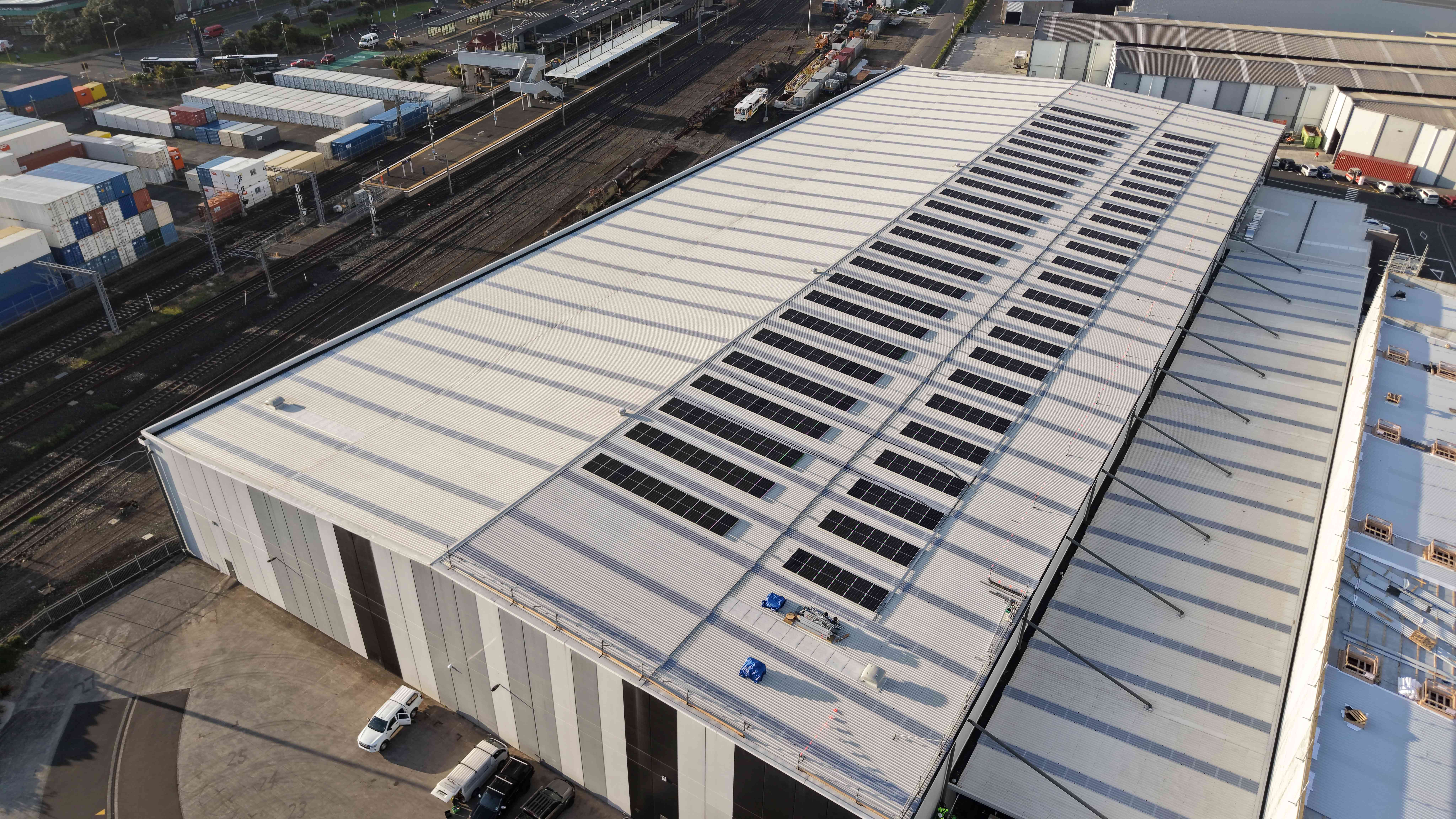
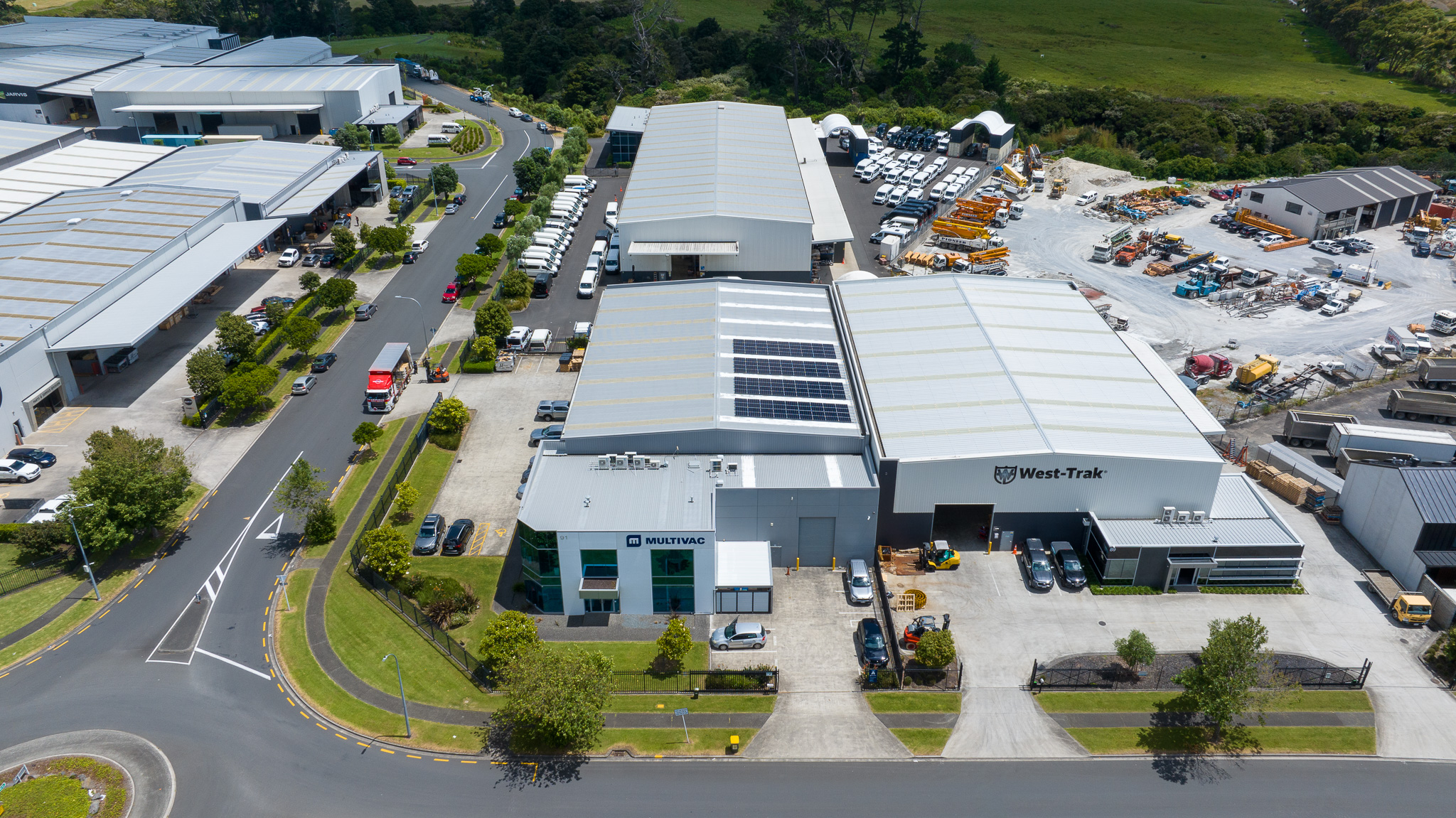
.png)





.svg)

